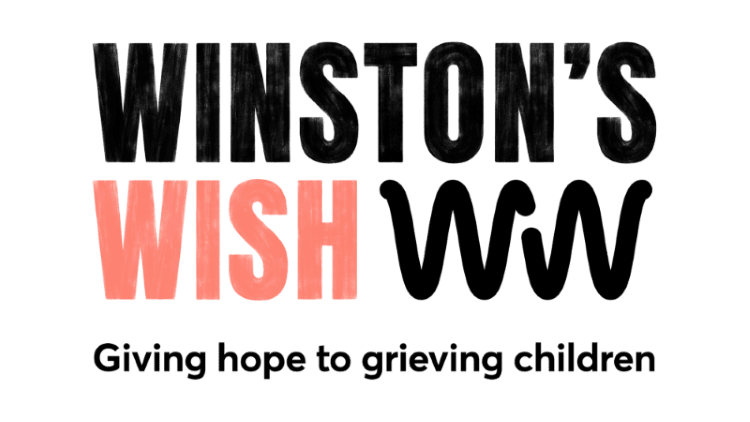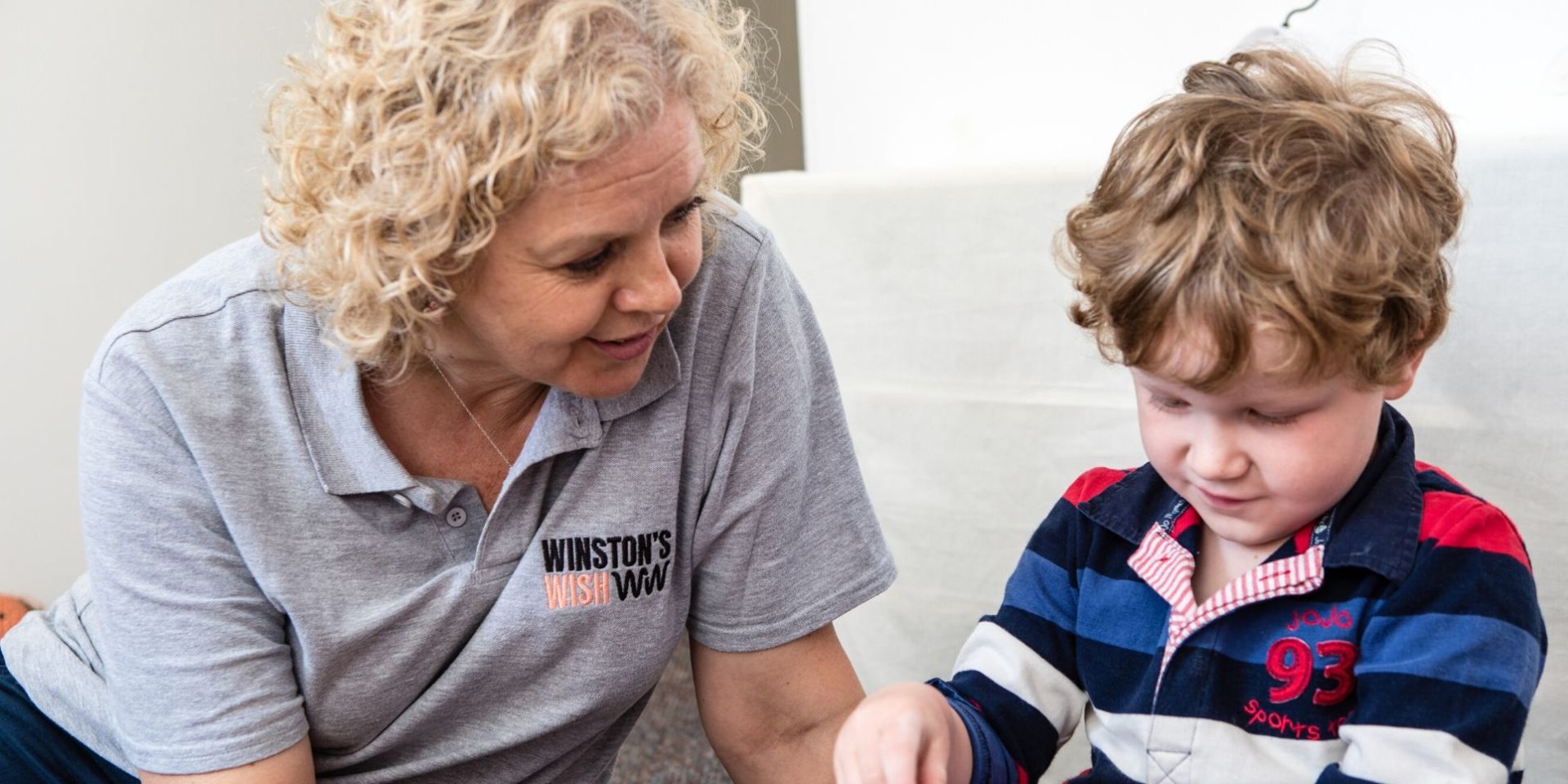National childhood bereavement charity, Winston’s Wish, offers advice to parents and carers on how best to talk to children and young people about death and tragedy following the Plymouth shooting.
Telling a child or young person that someone has died is difficult enough, let alone telling them that person has been murdered. It can be tempting to shield them from the details of a violent death, however police and media involvement means that the details will quickly become public knowledge.
“It’s very likely that children will find out somehow – in the media, on social media, overheard conversations. You will probably prefer that they hear what happened from you rather than from rumours or from another child in the playground,” said Di Stubbs, Bereavement Practitioner at Winston’s Wish.
“When the death is traumatic or sudden, it can be difficult to take in and to make sense of what has happened. You may feel a sense of disbelief or numbness. This can be especially difficult for children, particularly if they do not know or understand the circumstances of the person’s death,” continues Stubbs.
Some people experience feelings of guilt, irritability or anger, others may have difficulty concentrating. When a child experiences a bereavement, particularly if this is a traumatic loss, they may have fears about their own safety or the safety of other important people in their lives. It helps to reassure children that they are safe and cared for.
How to help children after a traumatic death
Children need help from the adults in their lives to make sense of their experiences. When a family faces traumatic grief it may feel completely overwhelming and impossible to make sense of.
1. Give factual, age-appropriate information
Giving children factual information so they can put together in their own minds what has happened is important. Doing this in an open and clear way enables the child to ask questions and the adults to give answers, this can help to clear up misunderstandings.
2. Listen
If you are an adult supporting a grieving child, it can be hard to know what to say or do. Just being there and available to listen is so important. Children may have lots of questions which you can’t answer, but it can still be helpful for the child to ask them anyway. Just as adults may feel the need to have information about what happened; when, where and why, so can young people and that is why it is important to listen to what a young person is asking and answer as openly and honestly as you feel able to.
3. Talk about it and let them know it’s ok to ask questions
We can naturally worry that by talking about tragic events we can trigger fears or make people feel worse. However, we have learnt that ‘not talking about’ something as important as people dying or the way they died is more likely to have the effect of increasing anxiety and confusion. There are two main reasons for this:
- Children may make up, or have heard, more frightening inaccurate stories about what has happened and/or will happen in the future.
- Not talking about an important event gives the implicit message that this is something we cannot manage.
As the events in Plymouth are gathering much media coverage, children may start asking questions about death and some adults may want reassurance about how to answer. It is normal that children, like adults, will try and make sense of this in their own way. They will need the support of adults to do this. If you feel you can, be honest and try to avoid euphemisms (e.g. say ‘died’ not ‘gone away’). This will avoid confusion, build trust and reassure children that it is ok to talk openly about difficult things. For young children who want specific facts about shooting, you could say something like:
‘When someone is shot, the bullet from the gun or rifle goes into their body and causes them to bleed a lot of blood. Our bodies need blood to make all the parts, like the heart and brain, work properly. If someone loses too much blood, their body stops working and they die.’
This may lead to many more questions about death and dying, and also to questions about what happens after death; for example ‘does it hurt?’. Your next sentence may depend on how the child reacts to that; some children may be simply interested, others may be upset and want more information or reassurance than this is unlikely to happen again, and others will want to play or do something else – all are perfectly natural reactions.
Where to get support
The Winston’s Wish Freephone Helpline is available if you need advice on supporting a child or young person after a sudden, violent or traumatic death, you can call us on 08088 020 021 (9.00am-5.00pm, Monday-Friday), email us on ask@winstonswish.org or use our online chat.
Our Winston’s Wish Crisis Messenger is available 24/7 for urgent support in a crisis. Text WW to 85258.
ENDS
For more information please contact Susie Gallagher, Head of Communications and Marketing at sgallagher@winstonswish.org


